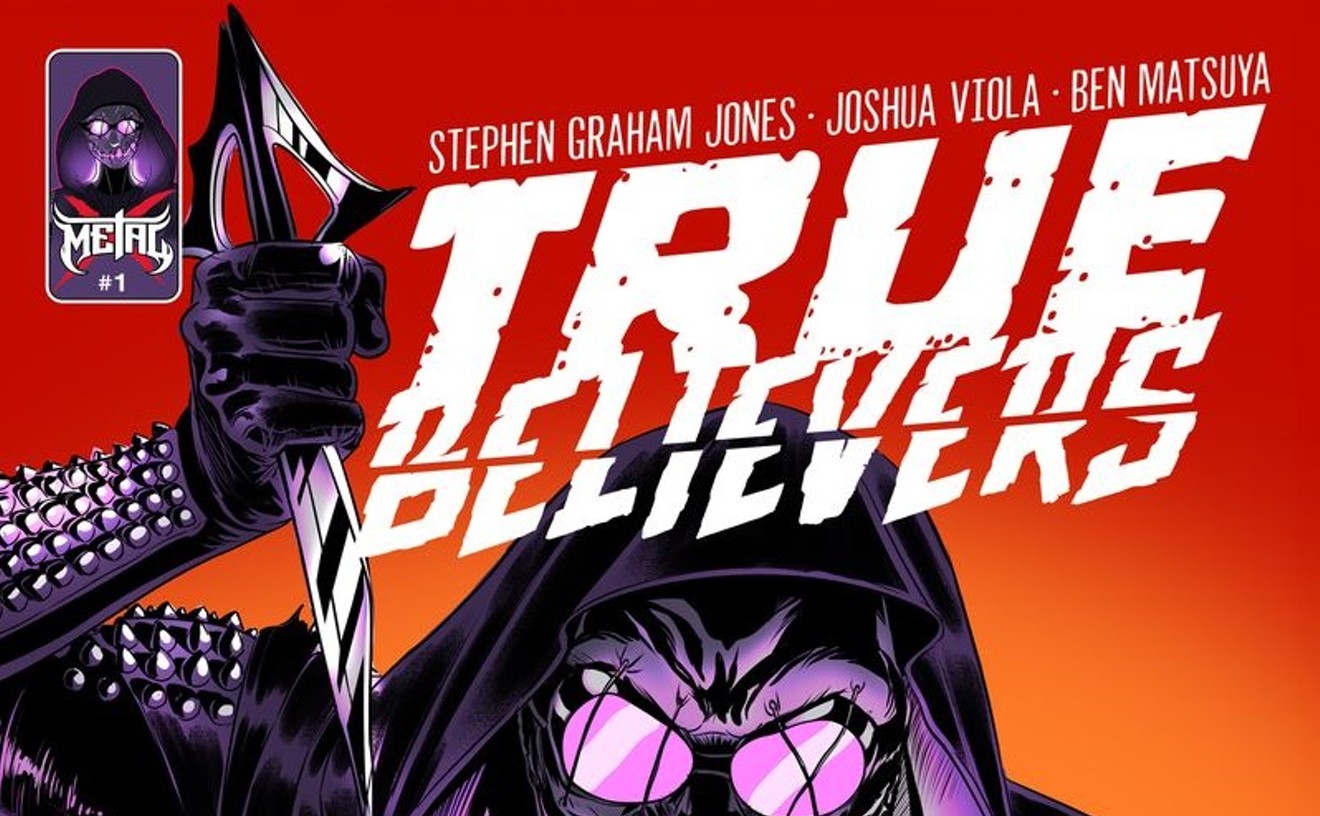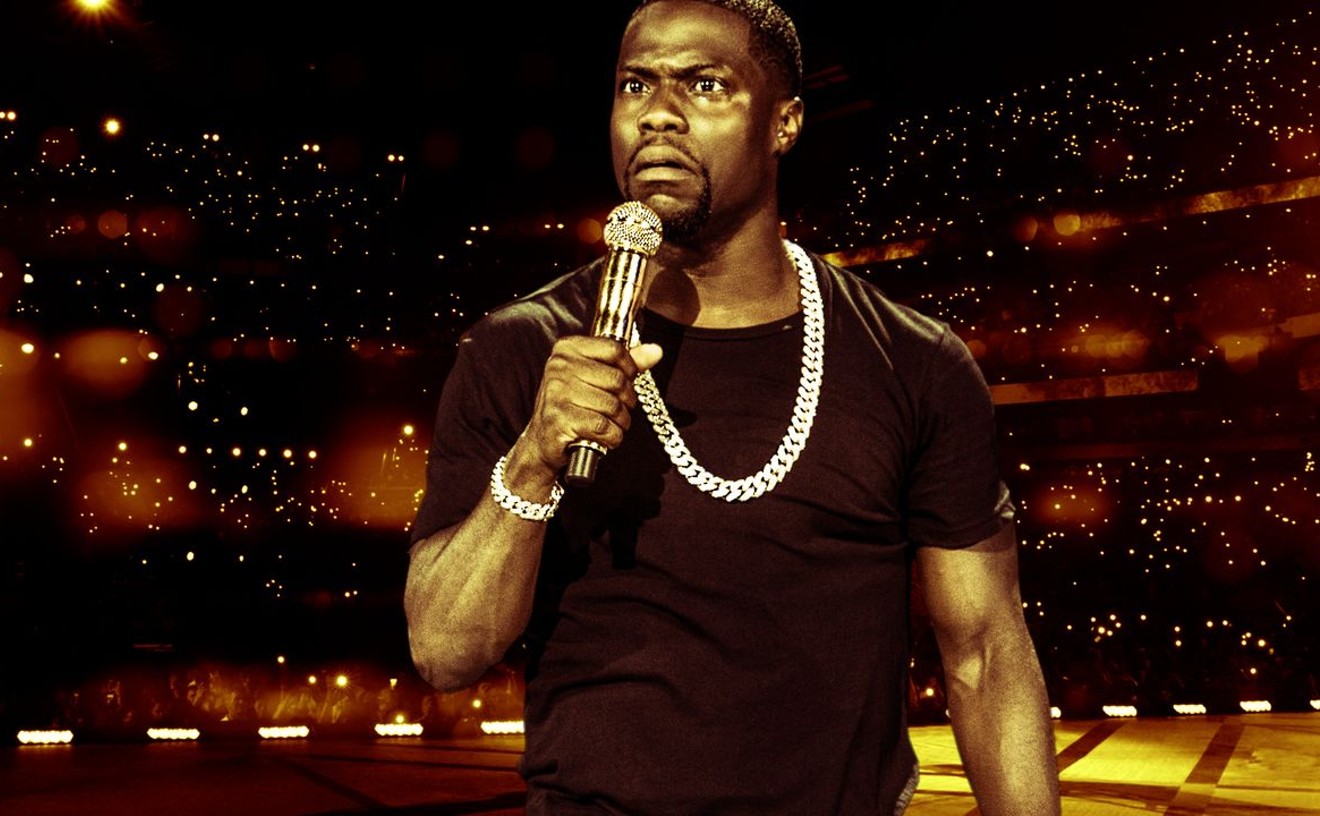In fact, he was the chief proponent of naturalism, a form of drama that champions the dreams and frustrations of everyday folk. Their collective yearning for a better life inevitably rises to the surface in unpredictable, frequently comic, thoroughly lifelike ways. However, you'd never know that by watching the Denver Center Theatre Company's production of Uncle Vanya, which exudes all the dynamism, depth and complexity of a marathon bingo game. Indeed, the two-and-a-half-hour production steamrolls the play's emotional landscape rather than unearthing obsessions that result in episodes of laughter through tears. Because we're never afforded more than a glimpse into this or that character's soul, we're not much interested in what happens to any of them. And, because director Anthony Powell's version is all but devoid of major builds and progressions, Act Two's comic reversals and tragic defeats lack consequence and import.
The performers, led by several DCTC regulars, do a credible job fleshing out each character's individual quirks and oddities. Actor John Hutton, for instance, is properly ambivalent as Dr. Astrov, the country physician who wishes he could devote all of his energies to saving the environment and, in so doing, clear the way for his friends and neighbors to lead better lives (Chekhov himself was a physician who practiced regularly in order to support his passion for writing). While her bearing and temperament are too mature for the part, Gordana Rashovich is nonetheless striking as Yelena, a younger woman who realizes that she's compromised her feelings by marrying an ailing, manipulative professor, Serebryakov, who's given a detailed rendering by Dennis Robertson. Jamie Horton assumes a generally rumpled demeanor as the title character, a sort of failed aesthete who has consigned himself to the labor-intensive task of looking after the meager family estate inherited by his dead sister's daughter, Sonya; her plainspoken ways are essay- ed by Kate Levy. And Kathleen M. Brady and Mark Rubald turn in understated portrayals as a pair of peripheral characters whose gentle, oblique urgings are routinely ignored by their supposed betters.
But the drama and resulting comedy in a Chekhov play occur when one character's wishes for a better life encroach upon or awkwardly dovetail with someone else's. And while the individual portrayals are decent enough, the production comes up considerably short in the relationship department. For one thing, the actors tend to listen far too politely to one another's musings, when the characters have known each other for so long that they'd likely silently estimate the time it takes for another to finish yammering on and then quickly hop into the conversation with ideas that have been dying to come out for several minutes. (One character supports this said-it-all theory by admonishing another, "Can you say something we haven't heard?") Vanya declares that his "soul is on fire" for Yelena, but he never regards her in a way that remotely suggests that feeling. When she matter-of-factly leaves the room, Vanya doesn't look at all heartbroken by her cool rejection of his affections -- which gives us very little reason to believe that he's as frustrated as he says he is. A few minutes later, a drunken Astrov enters, but neither actor conveys the sense that Vanya's bubble of philosophical solitude has just been burst, and their ensuing exchange is fairly pointless. Sonya reveals that she secretly loves Astrov (who secretly loves Yelena), but we never see it in the way Sonya looks at Astrov -- or, more important, in her insisting that he have something to eat before leaving for the night. Her entreaties sound like a sister's offhand words of concern, not a spinster's halting attempts to get the man of her dreams to notice and love her. When he leaves, she remarks, "He had no idea what I was getting at." Unfortunately, we didn't either. And while her "wooing" shouldn't appear obvious, we should at least see some evidence of her intentions -- much as one would when, say, watching two party guests who've known each other for years display deeper motivations while talking about the weather or their jobs.
The underlying desires and conflicts come into sharper focus in Act Two, when Serebryakov makes a momentous announcement. But Vanya's ranting and raving about said news comes out of nowhere -- it's a spontaneous combustion of anger rather than a boiling over of years of frustration and bitterness. "We work and work," says an old domestic, but all of the characters comport themselves in ways that make it hard to believe that any of them do so much as lift a finger. Vanya and Sonya, for example, behave as though they're comfortable doing the work of the estate, which makes their complaining seem petty rather than borne of a desperate need to lead more fulfilling lives. As a result, the beautifully written final scene isn't nearly as poignant as it should be: Sonya hugs her teary uncle and reassures him that they must continue to work, but the drudgery, mediocrity and desperation of their lives isn't made manifest, so her exhortation is all but meaningless.
Part of the problem is in David Lan's adaptation (taken from a literal translation by Helen Rappaport), which seems a tad too colloquial for a play colored with currents of lyricism; the laid-back dialogue looks to have encouraged portrayals that are filled with more mannerisms and inflections than complex human emotions. Most of the time, a bingo-ish drone bogs down the show: O 70, a character grumbles; B 14, nobody cares; I 23, another character mildly grumbles again. Which makes for a languishing game of cover-all.










